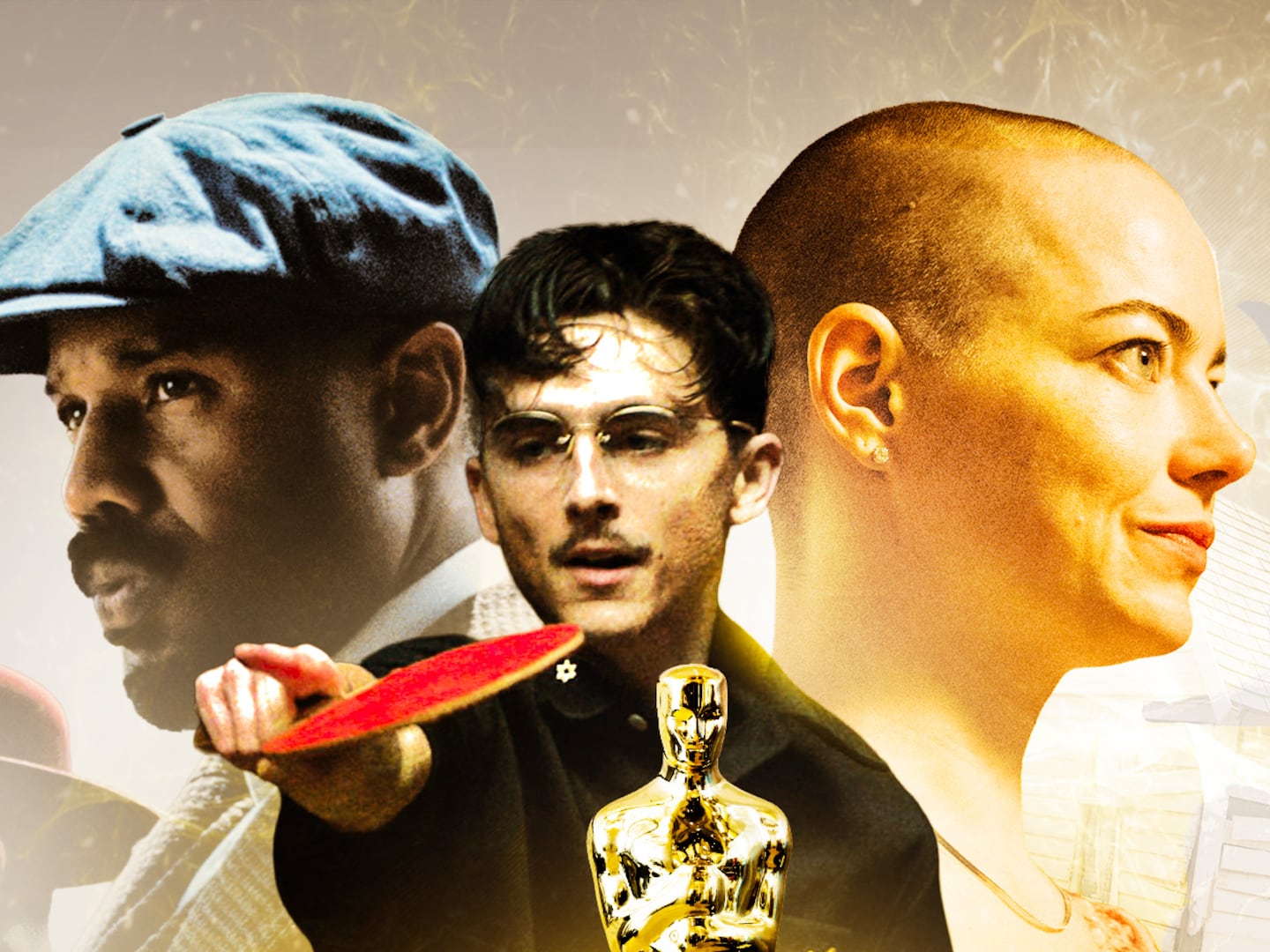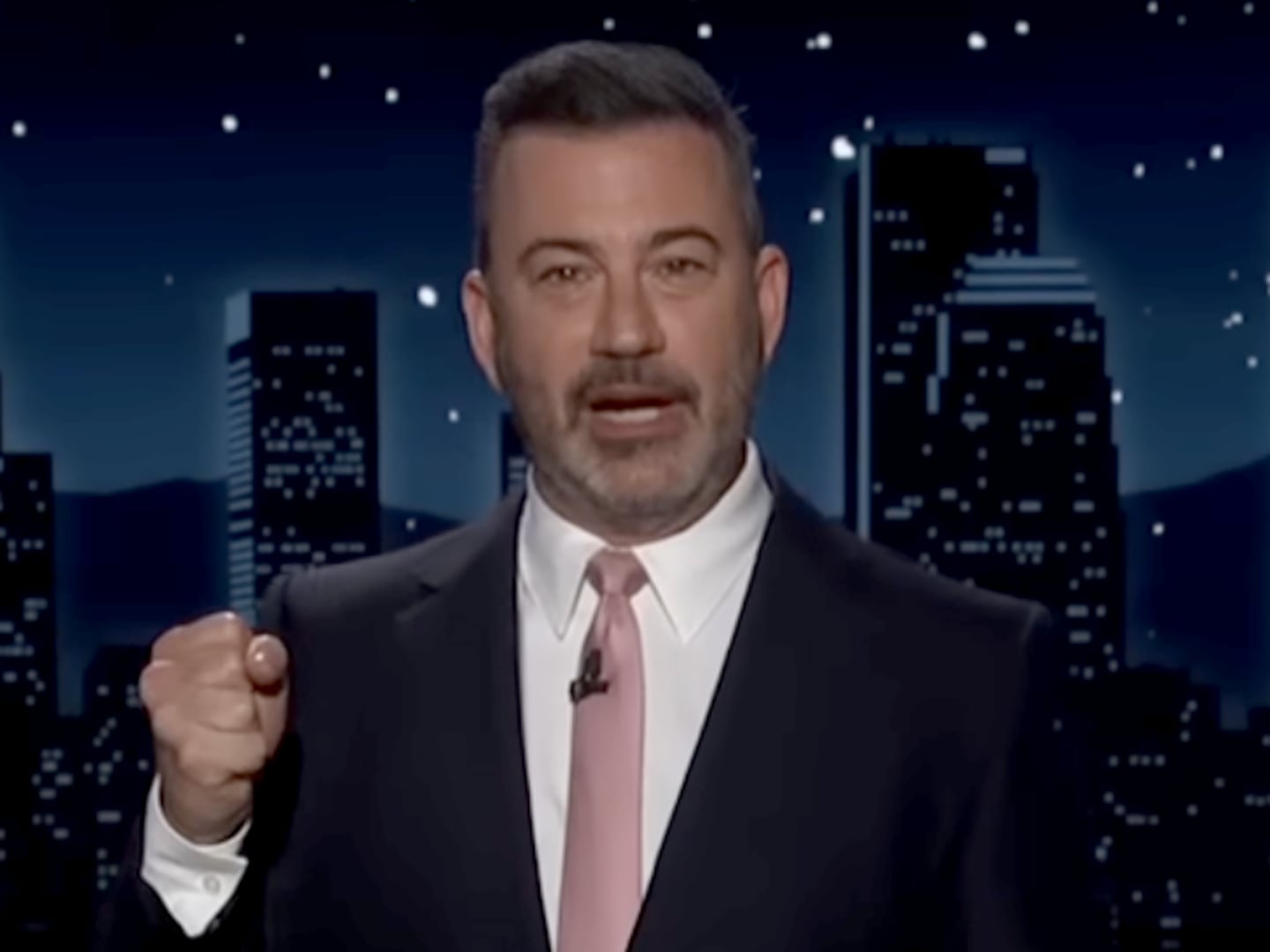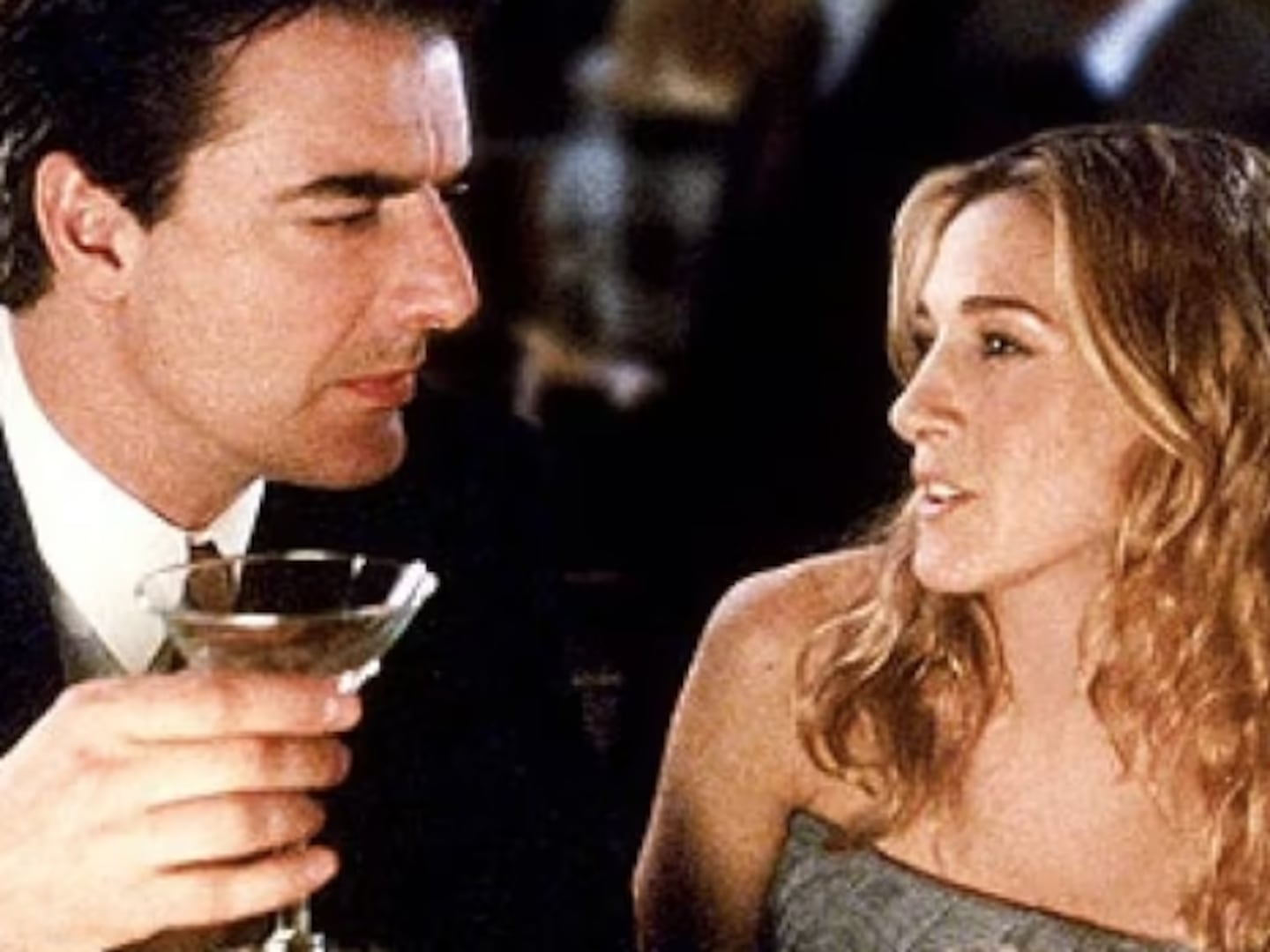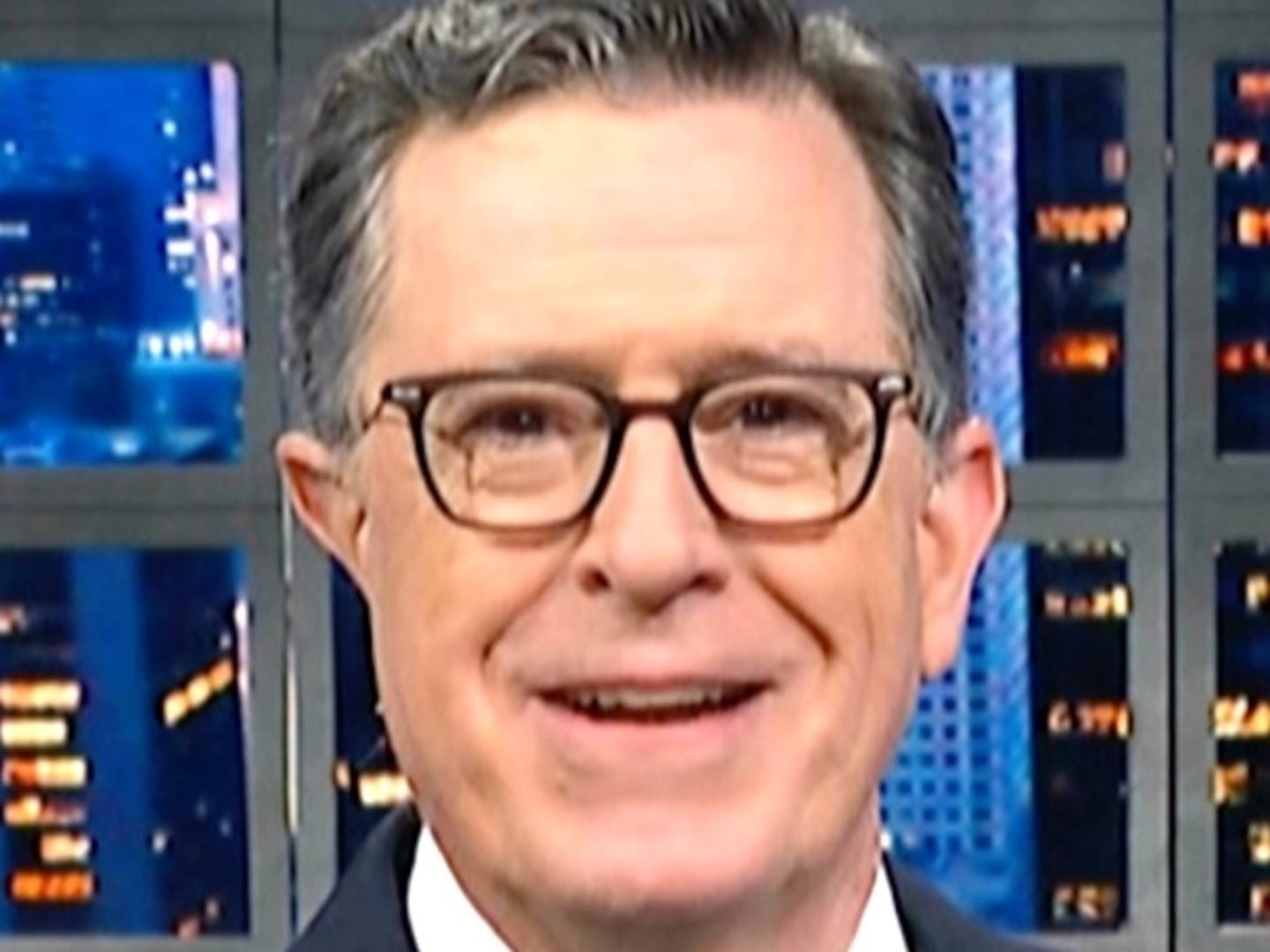Trash or not, reality television is the diabolical gift that keeps giving. Every time Netflix releases a new series starring hot-and-bothered singles looking for love or lust, we moan and grumble online—only to have it sit pretty in the “Most Watched” list for weeks. Among the biggest, most complaint-worthy shows in the Netflix reality romance stable: Love Is Blind. And this season has warranted the most discussion of any Netflix dating show to date, for there’s not one baddie or even two, the new villains keep coming and swiftly steal screen time from the doe-eyed couples.
When the first five episodes of Love Is Blind Season 4 dropped March 24, the chatter was inescapable. Sure, the saccharine romance between sleeping beauty Tiffany Pennywell and hype-beast Brett Brown was cute, meriting some fannish commentary. But if it’s cheese you’re looking for, the streaming giant’s rinsed-and-repeated seasonal rom-coms are a better bet.
Luckily, it’s the fearlessly frothy villains—so brutal that we can sharpen our moral compasses on the screen—-that make this season of the “social experiment” unmissable and terribly tempting to tweet about. Let’s start with the obvious ones: evil twins Micah Lussier and Irina Solomonova. In a Love Is Blind first, this season had *almost* more drama in the living quarters than between the couples themselves, all courtesy of these minute-made besties. Can’t lie: Irina had us fooled in the premiere, when she opened up about her struggles with acne; she baited with a classic sob story, and we ate it up. But this little crumb only made her villain origin story more delicious.
@sadaf.on.mounjaro Love is Blind season 4 got me all… what in the world?! Irina honey, acne is the least of your issues. #loveisblindnetflix #libseason4 #irinaonlib @netflix ♬ original sound - Sadaf 🫶
In an early episode, Amber Wilder, who was fighting Micah for Paul Peden’s attention, entered the villa with a bouquet of flowers from her date. Seeing this, Irina complimented Amber’s gifts repeatedly; in a scathing, sarcastic tone, she insisted that the peonies are “just so pretty,” before turning to Micah and saying the bouquet “looks boring,” with a shrug. This scene screamed of Mean Girls’ Plastics—remember when Regina George complimented a random girl’s plaid skirt, only to call it the “ugliest” soon after? The producers should’ve checked under Irina’s bed in the pods, because there was a hot pink Burn Book somewhere there. This glittery terror was only just beginning.
After Paul dumped Amber for supposed nice girl Micah, the dreadful duo eavesdropped on her conversation from behind the kitchen counter and giggled while Amber sobbed. Undoubtedly, watching this unleashed high school nightmares for many, but somehow, it was impossible to tear your eyes away from the screen, as Irina guiltily yelled, “Abort! Abort!”
@kameelafatimah PLEASEEEE watch season 4 of love is blind🤦🏽♀️ #fyp #loveisblind #micah ♬ original sound - 💕Kameela Fatimah💕
Then there was the absolute show-stealer: the awkward birthday kerfuffle between Irina and Bliss Poureetezadi. When the 25-year-old business owner saw Bliss baking cupcakes for the man they were both hoping to wed, Irina’s immediate response was to belittle and mock her competitor for the effort. Admitting that she forgot it was Zack Goytowski’s birthday, Irina continued her cool girl act, and in an unforgivable reality TV jab, asked Bliss if she could borrow a candle to wish their shared pod-boyfriend. Take a moment to process this grabby disaster.
Unlike gray protagonists that are flawed but still fulfilling and yada yada, clean, mean baddies like Irina and Micah help the viewers pick a side, building a community around their combined disdain for them. “If you’re watching Love Is Blind Season 4 and don’t immediately dislike Micah and Irina… we cannot be friends,” a user wrote on Twitter. TikTok is full to the brim with slams, snubs, hate comments and even character analysis detailing why these antiheroes—yes, antiheroes!—are the way they are, and how they just cannot be forgiven.

Irina and Zack never made it to the altar—or even out of the honeymoon phase.
NetflixThe show’s fragmented release only plays up the drama. In anticipation of what happens next, viewers were left to spend the week regurgitating their anger at evil Micah for flirting with her ex, the disbelief at Irina telling Zack she wanted to leave the day she saw him (for real), and Irina sneakily stroking Paul’s leg, going off about how attracted she was to her dearest bestie’s fiancé. That initial four-hour set of episodes provided an abundance of easily wound-up, clickbait fodder. And in this reactive social media era, the villains can step out of the screen to talk to us, and maybe even explain their actions as we wait for the next batch of episodes.
Explaining themselves is, in fact, exactly what Micah and Irina did, not long after their Love Is Blind debuts aired. “I have apologized to the people that were hurt on the show by my hands. I would like to apologize publicly,” Micah wrote on her Instagram Story on March 29. “An emotional immaturity was shown and I will grow from it….I hope you understand that I am taking accountability privately. I promise to do better in the future.” A couple days later, Irina posted an apology too, this time on TikTok: “I really wanted to take some time to process everything that has been going on this past week…I’m so, so sorry for the people that watched the show that felt frustrated, angry [or] hurt by the way that I was mistreating people. It was very immature and naive of me in a lot of those situations,” she said.
@irinasolo_ From my heart. #loveisblindseason4 ♬ original sound - Irina Solomonova
Of course, the internet didn’t just forgive and forget. Their responses only evoked more engagement and reactions, as viewers dissected every sentence in their statements for how earnest or crude it was. But just when we thought we had identified the players and gotten all the hate out, Love Is Blind served up a bigger baddie in Jackie Bonds. Hawk-eyed viewers will remember the first sign that there was something nefarious to come, as when Jackie stirred up drama between Chelsea and Micah. But the most recent drop of episodes have put all other red flags to shame. After getting engaged to soft boy Marshall Glaze, she reportedly accused him for not being aggressive enough in bed during an off-camera blow out. “We don’t have sex, bro. We don’t have sex,” Jackie said, as they tried to sort things out while the cameras were again rolling.
@ria_litty Jackie may be the biggest villian in Love is Blind history 😞😞😞 #loveisblind #loveisblindnetflix #loveisblindseason4 #loveisblindtok #jackelinaandmarshall #jackiebonds #jackelinabonds #marshallglaze ♬ original sound - Ria
Later, the producers, ever so eager to stroke the flames, sent Jackie’s “second choice” from the pods to Chelsea’s birthday party. Josh Demas appeared as cringe enabler “Mr. Steal Your Girl,” and Marshall’s little fairytale came crashing quickly after. In the show’s most recent episode, we see Marshall try on wedding suits and talk about how Jackie makes him feel like he can fly, while his fiancé met her trouble-stirring former beau at a café. “Marshall is too sensitive for me, basically,” she told Josh. “I robbed myself from the jump. I chose wrong.” Surely, things couldn’t possibly get worse from there, right? Never say never: Jackie then dumped Marshall, telling him she was into Josh, and refused to return his engagement ring in one fell swoop—even well-thought-out fiction isn’t this dramatic.
Watching the entirety of this painful, gut-wrenching scene, all I could think of was how this is content gold for the various Love Is Blind TikTok, Twitter and Reddit communities, which subsist on all kinds of gossip and drama. And as expected, righteous fans didn’t disappoint. Posts declaring that “Jackie is the real villain” poured in, as sleuths unfurled her seemingly homophobic text messages, snaps of dates with Josh, and repeated digs at Marshall.

Jackie (left) and Micah: iconic (and evil).
NetflixOn cue, Marshall posted about the accusations, and Jackie responded to the hate on Instagram—but unlike fellow baddies Irina and Micah, she didn’t bother with an apology, just devilish denial. Instead, the dental assistant claims she knifed her relationship with Marshall before meeting Josh. “I am wearing different clothes, my hair is styled different … I am not sure what the reason is for playing the date before the breakup,” she wrote, calling out production for changing the order of events in the episode.
The last line, however, was the real (anti)hero: “As for the ring, Marshall did not pay… Love Is Blind paid for all the rings.” Now that’s a mic drop moment if there ever was one. In its many, many reality shows, Netflix has never let contestants play fast and loose with their non-disclosure agreements to this degree. But here, the reality TV bleeding into real life only makes the drama more personal, plausible, and delectable. The online discourse is like a dance-off between the villains and the viewers, a fight to see who gets the last word. The real winner here is the show’s ratings, as Netflix uses its algorithm to draw in more riot-hungry connoisseurs.
Why else would Netflix break from its tradition of pre-packaged episodes to introduce an anything-happens live reunion for this season, airing April 16? The villains are plenty, and as the receipts show, they are easily rattled. In case it isn’t clear, these aren’t complaints, but mere observations, and maybe even admiration for the chaotic season. After all, the love-hate razzmatazz is what we’re looking for. No one’s watching reality TV to like the contestants, just to quote them.






